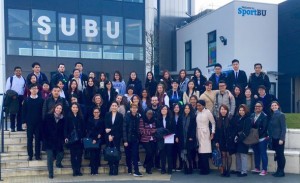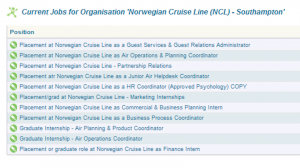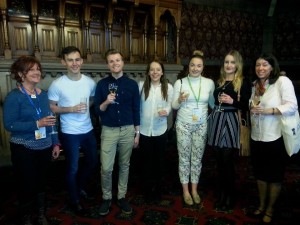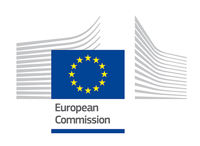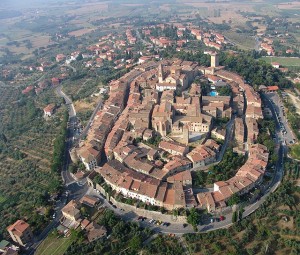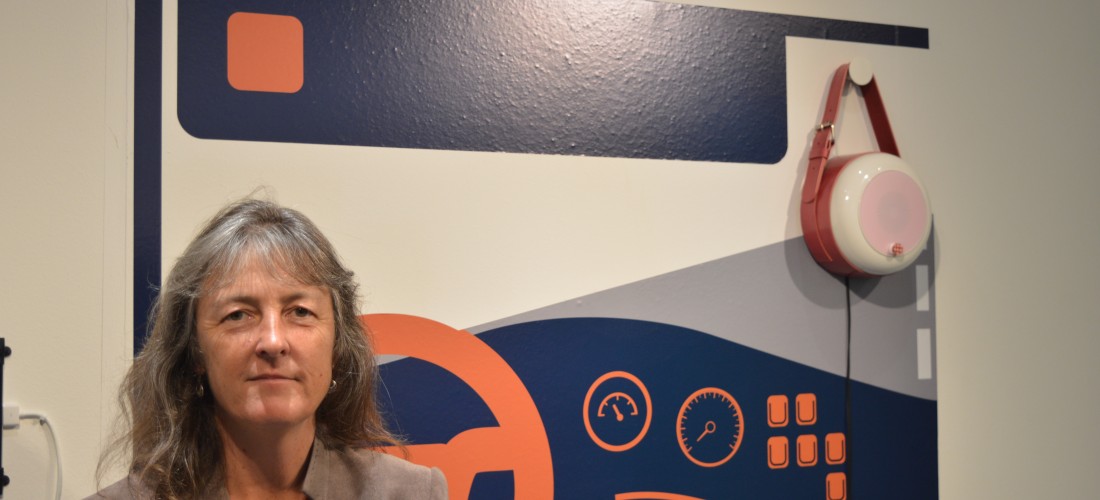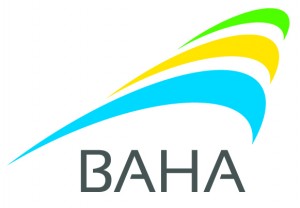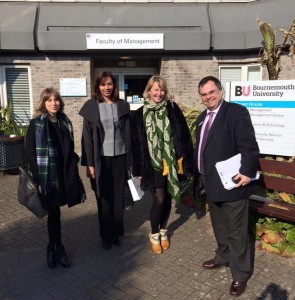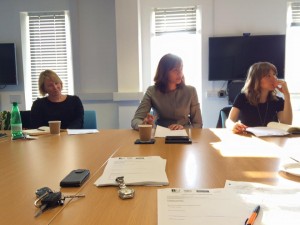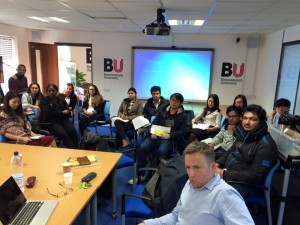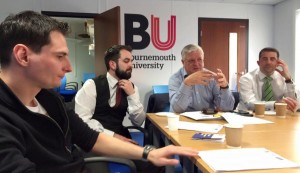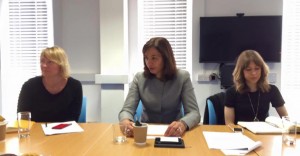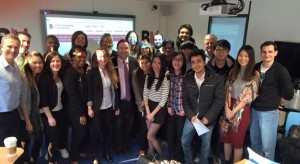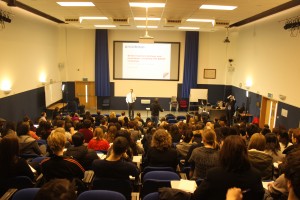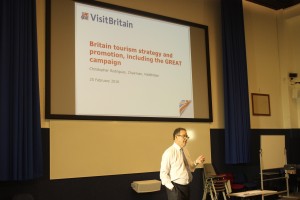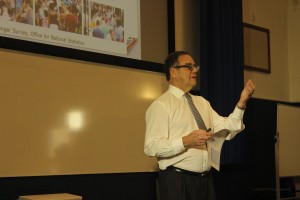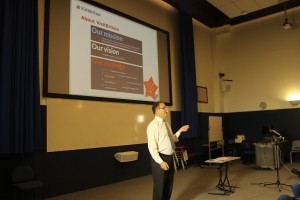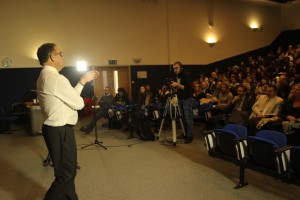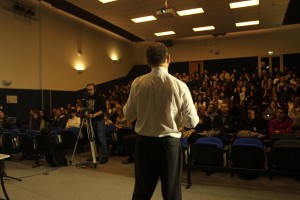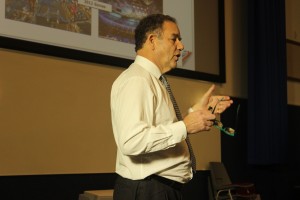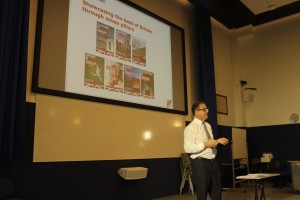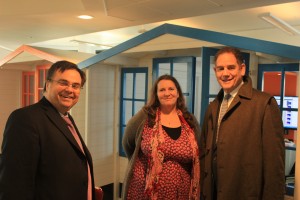
Adequate vegetable consumption is fundamental to a healthy balanced diet, however EU compliance with dietary guidelines is poor and there is a notable lack of research in this area. A collaborative team from Bournemouth University, led by nutrition expert Professor Heather Hartwell, are hoping to change our eating habits, championing vegetable consumption through a Europe-wide research project called VeggiEAT.
The VeggiEAT project aims to promote healthy eating throughout Europe and encourage more vegetable consumption across the lifespan. Professor Hartwell explains: “Within Europe, we don’t eat enough fruit and vegetables and there are a multitude of associated health issues. There’s been a lot of individual intervention, such as the five a day campaign, but VeggiEAT is particularly concerned with vegetable consumption by school children and older people.”
VeggiEAT aims to develop a European platform for vegetable intake that takes into account consumer behaviour and environment before making recommendations to both governments and vegetable manufacturers and suppliers. These recommendations will involve consumer-oriented products, the development of recipes for use by food providers and benchmarking of choice architecture facilitating the consumption of vegetables.
The project is already making an impact, and has seen engagement from both school children and older members of the community within Dorset. The project even involves current Bournemouth University undergraduate students who are testing dishes that have been designed by Culinary Master’s students in France.
Professor Hartwell, a registered nutritionist, actively works within the foodservice industry, and particularly within the public sector such as schools, hospitals and prisons, where she is able to translate her academic efforts into practice. She says: “It’s really important that the work done in universities is not isolated from how industry works – we can suggest solutions, but unless they are going to work in a real-life context, they are never going to be useful. That is one of the strengths of this research project – we are working to find reallife solutions that will help people to get the right nutrients in their diet from eating well and, ultimately, lead them to be healthier.”
Professor Hartwell and her team hope that VeggiEAT will cause us to make changes to our food habits. Professor Hartwell says: “We hope VeggiEAT will eventually inform government policy across Europe and put the food service industry at the forefront of healthy eating interventions – while also giving consumers foods they’ll enjoy. We want the change to start at an institutional level – through schools, canteens and restaurants – but ultimately we would like to see a change in consumer behaviour that makes vegetable consumption ‘the norm’ and promotes healthy food consumption across Europe.”
The project is made possible with the support of an interdisciplinary team that includes nutritionists, psychologists, consumer behaviour experts, public health experts and the food service industry. Bournemouth University is leading the project, working with the University of Copenhagen in Denmark and the University of Florence in Italy, alongside industry partners Bonduelle and the Institute Paul Bocuse in France.
Professor Hartwell believes that the interdisciplinary nature of the team is another element that gives the research strength. “The multidisciplinary and inter-sectoral approachof the project will create a win-win situation for all partners, as well as generate spill-over effects at European level. All partners share a common interest in that they are keen to advance the promotion of healthy eating, in particular vegetable intake. By linking with scientists and industry personnel (both culinary and manufacturer), they offer different perspectives when examining strategies to enhance the health of the EU consumer. The entire value chain is addressed, from the manufacturer (Bonduelle), to recipe development (vehicle of vegetable presentation) up to the end user (the consumer).”
For more information about VeggiEAT, visit their project website
VeggiEAT is funded by the European Commission through a Marie Curie Industry and Academia Partnerships and Pathways (IAPP) grant.
